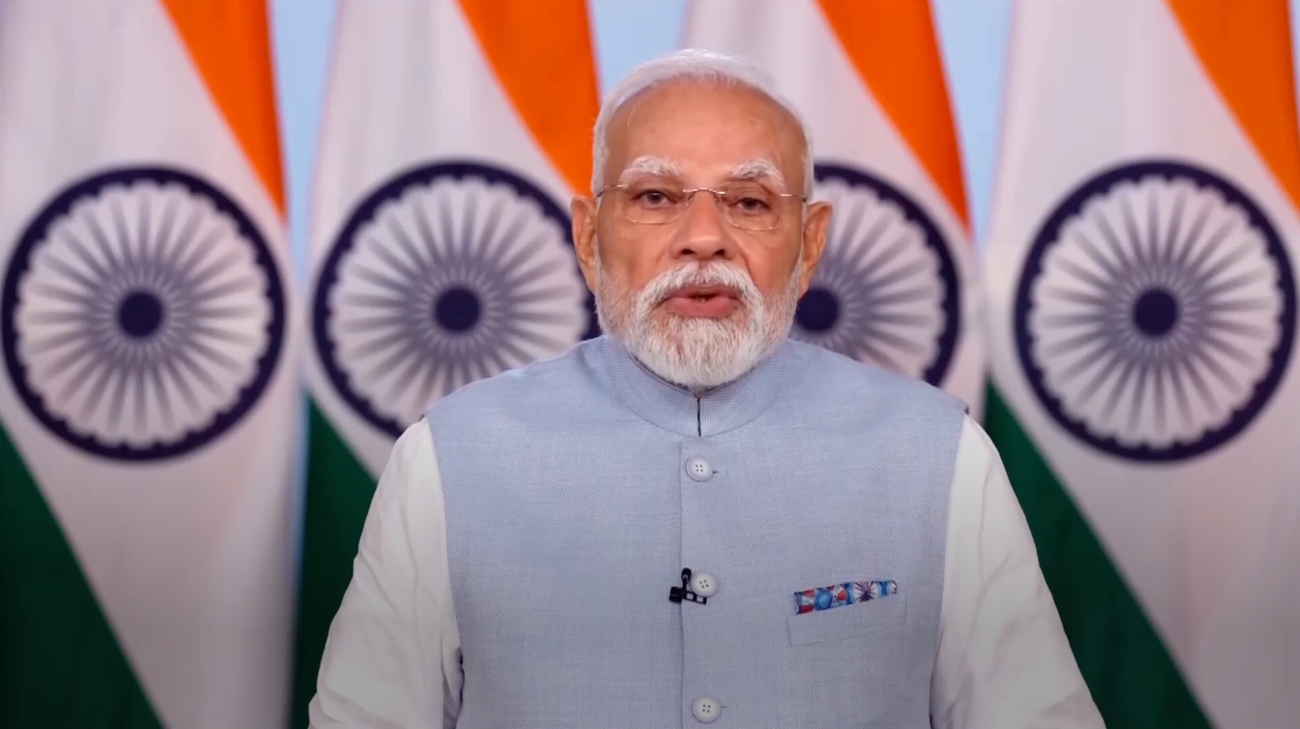Modi urges Indians to boycott foreign goods in response to US trade tariffs

Indian Prime Minister Narendra Modi made a prominent televised address to the nation on Sunday, calling for a collective response from Indian citizens amidst escalating trade tensions between India and the United States.
This statement follows a recent decision by US President Donald Trump to impose a 50% tariff on Indian imports, which has sparked concern in New Delhi.
Modi emphasized the importance of supporting domestic production and reducing reliance on foreign brands.
In his speech, he highlighted that many daily-used products are actually of foreign origin, often unknown to consumers, urging Indians to strive for economic self-sufficiency by purchasing locally made goods.The campaign to boycott popular American brands such as McDonald’s, Pepsi, and Apple is already gaining momentum among Indian citizens who are eager to support local manufacturers and decrease the country’s dependence on imported products.
Modi stated that strengthening national producers will not only lessen India’s dependency on imports but also bolster the country’s economic growth.
The government has called for shop owners to prioritize sales of Indian-made goods as part of this self-reliance initiative.In the coming weeks, India’s Commerce Minister Piyush Goyal is expected to travel to Washington for negotiations aimed at easing trade tensions.
The broader geopolitical context has been complicated by India’s increasing import of Russian oil, becoming the world’s largest buyer of Russian crude in recent months.
Since August, India has bought around a third of all Russian oil exports, taking advantage of discounted prices.
This energy trade has drawn a sharp response from Trump, who imposed a 50% tariff on Indian goods due to its energy procurement activities.
Following the Shanghai Cooperation Organization summit in September, the US president made controversial remarks on social media, claiming that India and Russia have aligned themselves with China, and wished them a “prosperous” future.

